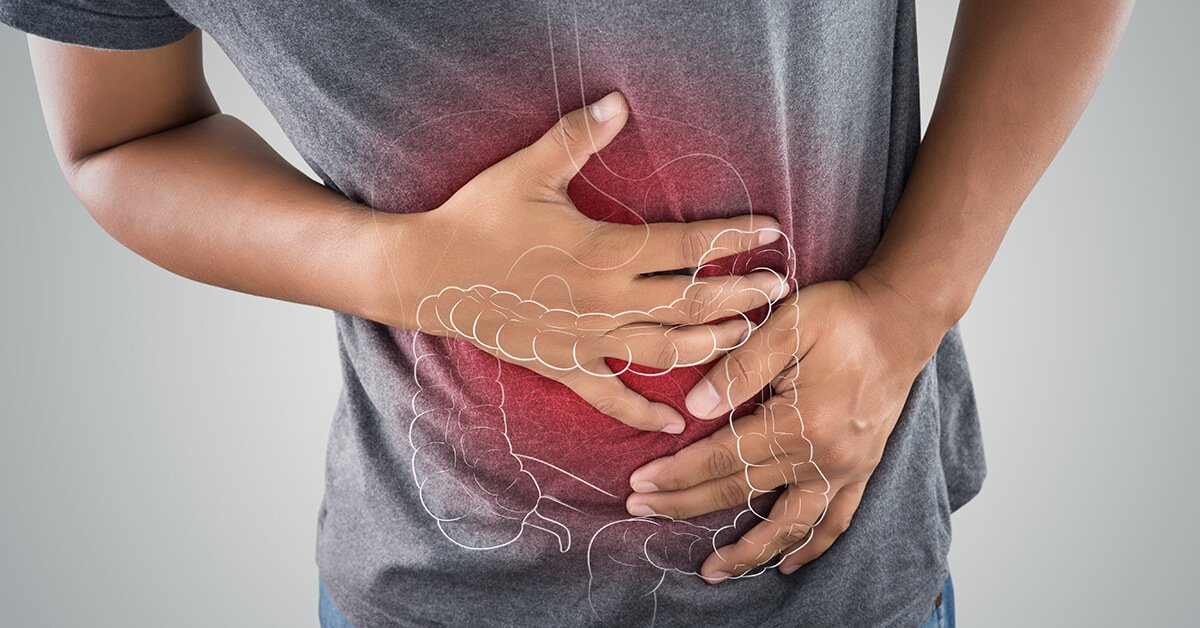What is Crohn’s Disease?
Crohn’s disease is an inflammatory bowel disease that leads to inflammation in the digestive tract. While it may have a minor effect on some people, it often leads to debilitating pain and life-threatening conditions for others. Below, we further discuss Crohn’s disease and its causes, symptoms, and treatment options.
Causes of Crohn’s Disease
Unfortunately, we still don’t know the exact cause of Crohn’s disease. While medical research has indicated that diet and stress contributed to Crohn’s disease in the past, doctors now know that they don’t. Genetics and abnormal immune responses are likely the two major causes of this condition.
Symptoms of Crohn’s Disease
The symptoms of Crohn’s disease can be mild or severe and typically develop over time. They may also come on abruptly without warning and there may be times when there are no symptoms at all.
When Crohn’s disease is active, however, the most common symptoms include diarrhea, fever, abdominal pain, mouth sores, blood in the stool, pain near the anus, and/or reduced appetite and weight loss.
Treatments for Crohn’s Disease
Although there is no cure for Crohn’s disease, there are a variety of treatments that can help improve its symptoms and reduce the risk of long-term complications such as bowel obstruction, ulcers, fistulas, malnutrition, and colon cancer. The most common treatments include:
- Anti-Inflammatory Drugs and Immune System Suppressors
The initial treatment for Crohn’s disease is typically anti-inflammatory medication. Corticosteroids are commonly recommended as they can reduce inflammation on your body. Immune system suppressors may also be an option as they can prevent your immune system from stopping the production of inflammation-causing substances.
- Nutrition Therapy
Your doctor may suggest a special diet through a feeding tube to improve your nutrition and give your bowel some time to rest. It can also reduce short-term inflammation. You may also need to stick to a low-fiber diet to minimize your risk of intestinal blockage as well as the size and number of your stools.
- Surgery
In the event conservative measures aren’t effective, surgery may be recommended. Your surgeon will remove the damaged portion of your digestive tract and reconnect it to the healthy areas. Surgery may also be used to shut down fistulas and drain abscesses.
- Lifestyle Remedies
By making changes in your lifestyle, you may be able to control some of the symptoms of Crohn’s disease. Limiting dairy products, trying low-fat foods, eating small meals, and drinking plenty of liquids might be recommended. Reducing stress levels and quitting smoking can help as well.
About Birmingham Gastroenterology Associates
For over 40 years, the physicians at Birmingham Gastroenterology Associates have cared for patients with diseases and disorders of the digestive tract, including the esophagus, stomach, intestines, liver and pancreas. The practice has grown to now include 14 board-certified gastroenterologists who see patients and perform procedures at multiple locations throughout the Birmingham area. To schedule an appointment, call (205) 271-8000.


